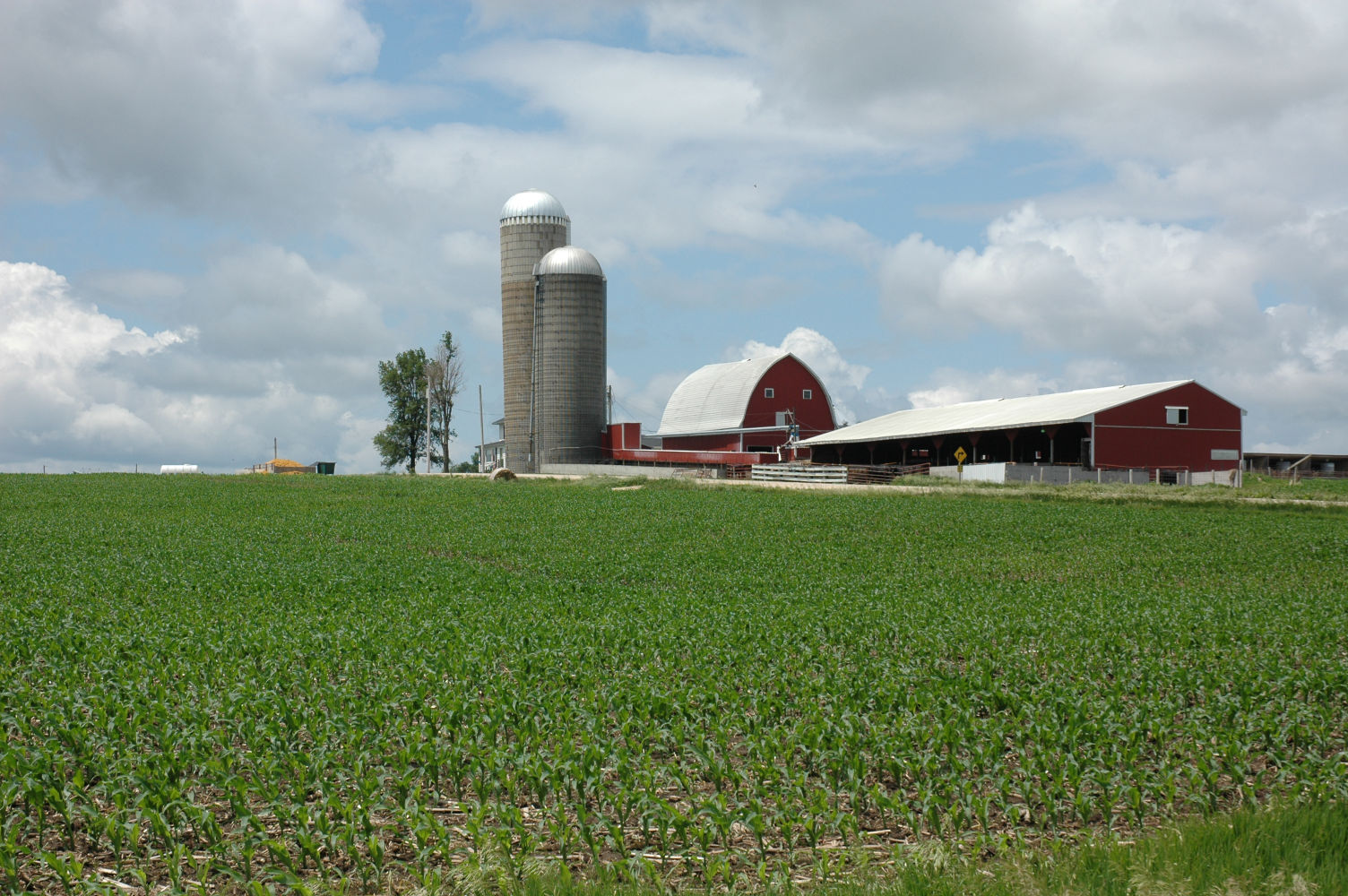The Supreme Court released its decision May 25 in one of the most anxiously awaited cases of its entire docket, Sackett v. EPA. The court handed a unanimous victory to the plaintiffs, who have been fighting the Environmental Protection Agency in court for 15 years over heavy fines threatened for work on their homesite in Idaho.
However, the majority of justices in the 5-4 decision used different legal reasoning to arrive at the same result. Justice Samuel Alito wrote the majority opinion, joined by Justices Amy Barrett, Neil Gorsuch, Clarence Thomas and John Roberts. The four remaining justices also affirmed the decision in the Sacketts’ favor, but with different arguments that did not seek to redefine the waters of the U.S.
Michael Regan, the administrator of the Environmental Protection Agency, said in a statement that the ruling "erodes longstanding clean water protections."
The case was closely watched because it set the stage for the court to reconsider key elements of the 1972 Clean Water Act, including the definition of what is a “water of the United States” for purposes of EPA regulation. That definition had been unsettled by a 2006 Supreme Court decision, Rapanos v. United States, that was split 4-4-1. In that case, the deciding opinion of Justice Anthony Kennedy that any property or wetland with a “significant nexus” to a regulated waterway was also regulated under the CWA led to multiple lawsuits with conflicting results.
In his decision, Alito wrote, “The uncertain meaning of ‘the waters of the United States’ has been a persistent problem, sparking decades of agency action and litigation. … By the EPA’s own admission, nearly all waters and wetlands are potentially susceptible to regulation under this [significant nexus] test, putting a staggering array of landowners at risk of criminal prosecution for such mundane activities as moving dirt."[I]t is difficult to see,” Alito wrote, “how the states’ ‘responsibilities and rights’ in regulating water resources would remain ‘primary’ if the EPA had such broad jurisdiction.”
Plurality opinion
Alito said that to be regulated, wetlands must have a “continuous surface connection” to regulated waterways to fall under CWA protection—a narrower definition than the “significant nexus” test. Alito cited the “plurality opinion” in Rapanos, written by Justice Anthony Scalia: “The CWA’s use of ‘waters’ in §1362(7) refers only to ‘geographic[al] features that are described in ordinary parlance as ‘streams, oceans, rivers, and lakes’” and to adjacent wetlands that are ‘indistinguishable’ from those bodies of water due to a continuous surface connection.”
The definition of “waters of the U.S.” had become a bitter and contested flashpoint in conflicts over environmental regulation. In the long-running “WOTUS wars,” many interests opposed to Kennedy’s “significant nexus” text had championed the Rapanos plurality opinion as being more workable and sensible.
The case began in 2007 when Michael and Chantell Sackett began backfilling their property near Priest Lake, Idaho, with dirt to prepare for building a home. The EPA told the Sacketts that their property contained wetlands and that their backfilling violated the Clean Water Act, which prohibits discharging pollutants into “the waters of the United States.” It ordered the Sacketts to restore the site, threatening penalties of more than $40,000 per day. In 2012, they won a Supreme Court decision that affirmed their right to challenge the EPA in court.
Reactions pour in
The Sacketts were represented by the Pacific Legal Foundation, a small libertarian public interest law firm with a history of winning big decisions in the Supreme Court. Damien Schiff, the Sackett’s attorney, told NBC News that the ruling “returns the scope of the Clean Water Act to its original and proper limits” and is a “profound win for property rights and the constitutional separation of powers.”
Rep. John Duarte, R-CA, tweeted “the ruling was a historic win for rural America” and said, “The Sackett v. EPA ruling is a major victory for working families against regulatory overreach. The Supreme Court has affirmed the right to challenge EPA actions, empowering citizens to protect their land.”
Rep. Don Bacon, R-NE, said, “The SCOTUS decision in Sackett v. EPA is a victory for rural America. The EPA’s WOTUS, which is about as clear as mud—by the way, under the WOTUS rule, does a muddy puddle count as water?—is nothing but a regulatory burden. Today, the Supreme Court helped cut through the bureaucratic red tape that hurts farmers and ranchers.”
“The U.S. Supreme Court just unanimously ruled to protect landowners’ rights and limit government overreach under President Biden’s Waters of the U.S. rule,” Rep. Tracy Mann, R-KS, tweeted. “President Biden vetoed the WOTUS legislation sent to him by Congress last month. Now, both the legislative AND judicial branches have spoken clearly on the EPA’s overreaching use of the Clean Water Act. I am proud to have worked on this issue throughout my time in Congress. This is a big win for farmers, ranchers and agricultural producers in Kansas and across the country!”
“[The National Association of Wheat Growers] is pleased with the rule the Supreme Court issued today that rejected the confusing and expansive ‘significant nexus’ test that broadened the jurisdiction of the Clean Water Act,” said NAWG CEO Chandler Goule. “The Supreme Court ruling sided with a narrower definition of the Clean Water Act jurisdiction and limited the number of wetlands that would come under the regulation of the Clean Water Act.”
Biden WOTUS rule stymied
Despite the pending Sackett ruling, the EPA had moved ahead in crafting its own brand new WOTUS definition and rule, which it finalized in December. Post-Sackett, it may have to start the rule-making process all over again—this time under the new, more constrained Sackett definition of waters of the U.S.
“Good news coming from the Supreme Court today rejecting the idea that a WOTUS can be every ditch, puddle, pond, and dry creek bed in America,” said Sen. Roger Marshall, R-KS. “Hopefully the EPA will heed this decision, and farmers and ranchers can have the predictability of regulations they deserve.”
David Murray can be reached at [email protected].




